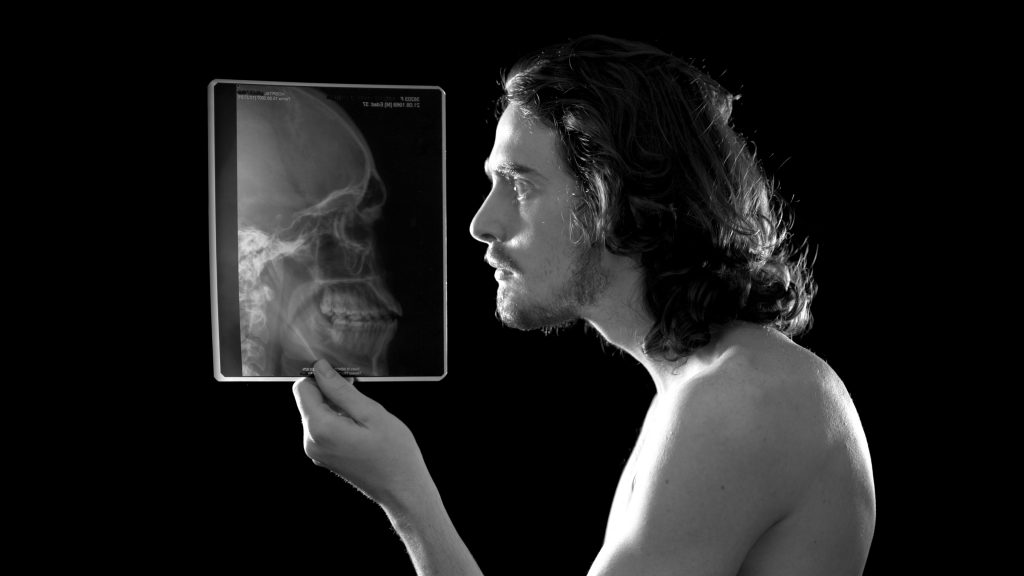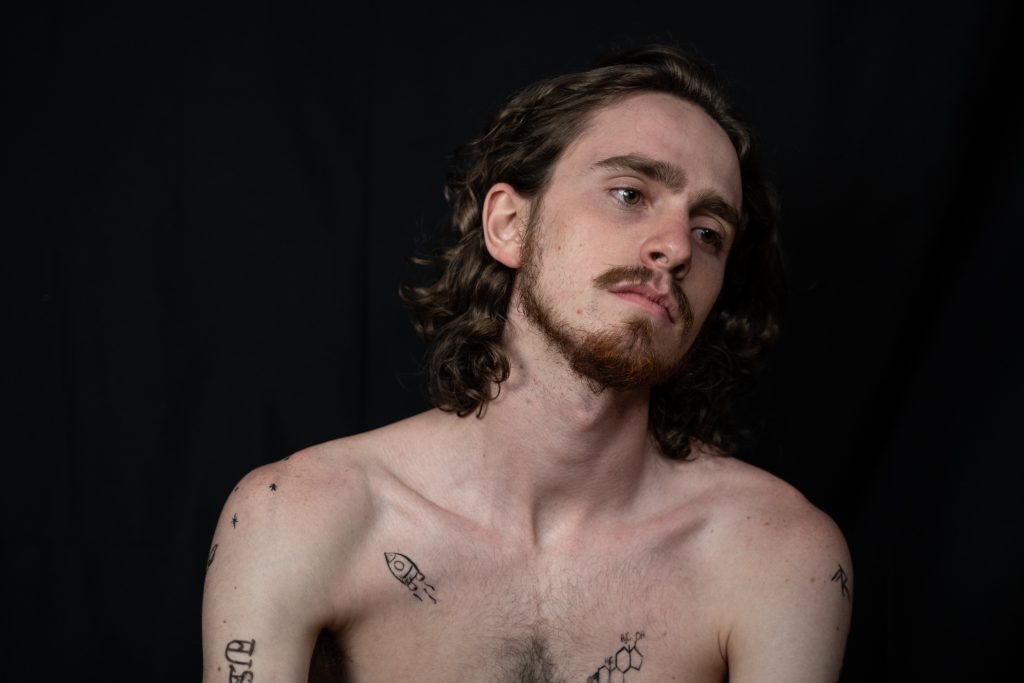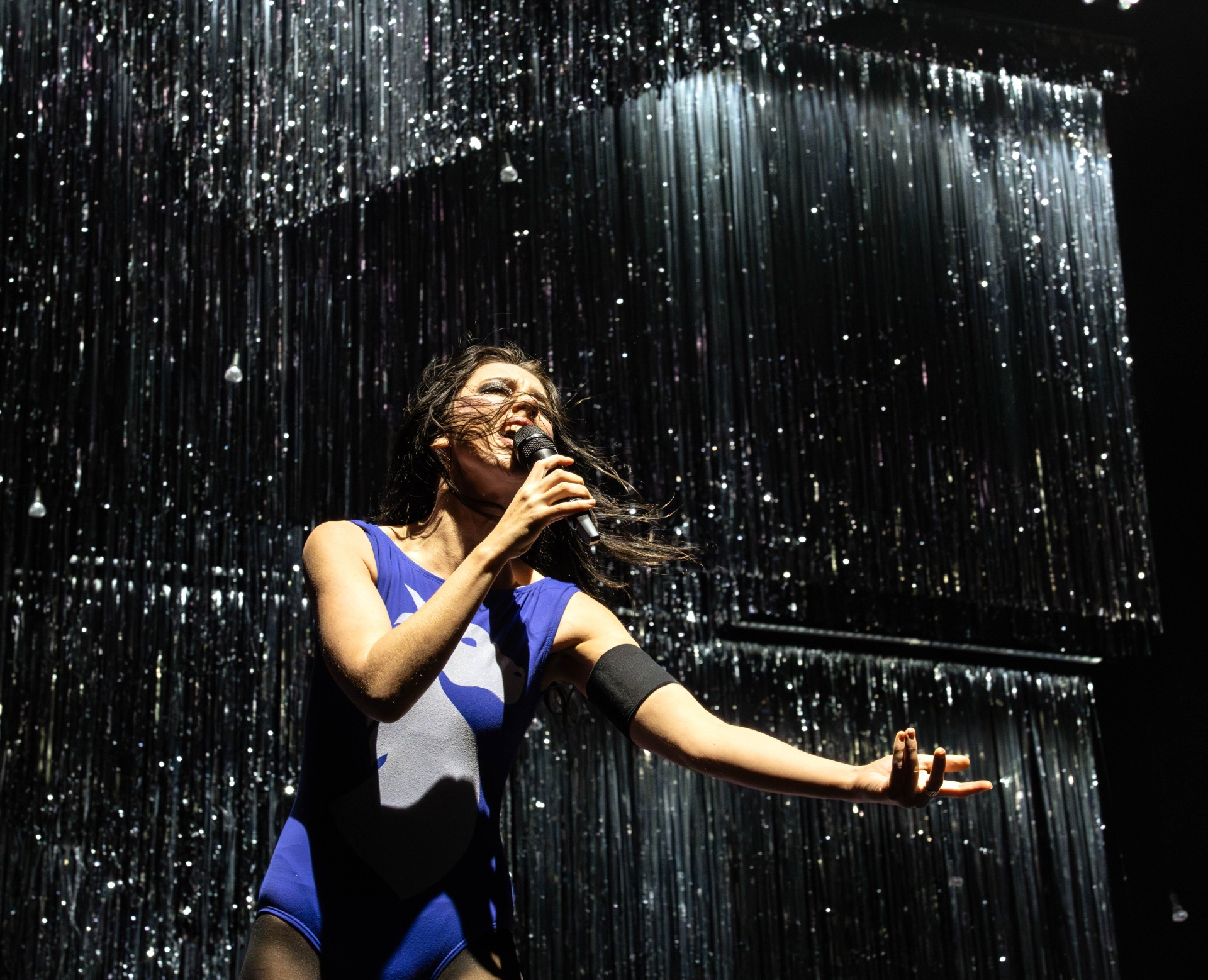When we write about music, we are bound to encounter subjectivity ÔÇôan element that we constantly try to supress in order to remain impartial. However, even if we do a great job at concealing it, it is always there. Imagine what would happen if we only wrote about music that we don’t have some sort of emotional connection to. We would ultimately end up with synthetic and meaningless articles. And who wants that? I don’t, and I don’t think you do either.
This new series of articles is grounded in this idea. We want to create a space where our contributors can write about the music their friends, family, or even local artists have been making. In order to move beyond the fear of the personal bias, we want our contributors to approach musicians from their own experience. We hope that this will nourish the conversations we are having about music production, creative processes and more importantly, the connection between art and emotions. Hopefully, this will lead our readers to become active listeners that understand why we have a deep emotional connection with the music we love.
An Interview With Andr├®s Volkov
For this first article, I talked to the musician Andr├®s Volkov about his obsession with creating metaphors, the challenges of writing songs for Spanish and English-speaking audiences, and the opportunities that the digital era represents for him.

Andres’ music is quite unique. If you don’t believe me, then let me start this article with a brief snippet of how he describes his own music: “Music made to play mental Tetris while you look out the window for three hours”. If you don’t get the gist of it yet, just keep reading. His musical career started in Mexico City, but after moving to Italy and subsequently to New York, he found himself developing a “musical nostalgia of sorts” that led him to rediscover the artists he grew up listening to. “Most of my influence comes from the singer-songwriter tradition in Latin-America: Silvio Rodriguez, Jorge Drexler, Chico Buarque and Natalia Lafourcade were very active in my musical formation; but I also grew up listening to classic rock in English, such as The Police, Cream and The Doors; and indie rock bands like Vampire Weekend and Queens of The Stone Age.” Talking about his current musical project, which has been described as “organic and tropical”, Andr├®s says: “I have three biggest influences: Natalia Lafourcade, for giving a new air to Mexican folklore; Silvio Rodriguez, for combining poetry and music like no other; and Fela Kuti, for making music that combines groove you can dance to with lyrics that search for a better world.” During his time abroad, his nostalgia also transformed into a new sort of inspiration: “In Italy, I rediscovered the singer-songwriter tradition. I was struck when I discovered giants like Fabrizio De Andre and Pino Daniele. Now that I’m in New York, I’m in constant awe of the different scenes and genres that this city hosts. Although I have mostly been surrounded by jazz and folk, I have been able to attend all sorts of events. I feel that I am currently navigating new waters musically, but taking baby steps.”
“Although I mostly agree that music is a universal language, I can’t deny that I wish I could have a good translation of my lyrics.”
Similarly, as a migrant, the issue of language comes into play. Most of Andres’ songs are written in Spanish, but now that he’s expanding his audience outside of Latin America, he’s started thinking about broadening his linguistical approach: “Although I mostly agree that music is a universal language, I can’t deny that I wish I could have a good translation of my lyrics. I am not really concerned about the possibility of expanding my ÔÇÿmarket’, I simply wish I could share more stories with my English-speaking friends through my music.” Andres’ musical approach is narrative in nature; from songs like Con Cuidadito, which talks about leaving a loved one behind when moving abroad; to songs like Enojo, which is about feeling angry for no significant reason, his use of rhymes and metaphors to create stories make it quite difficult to translate the lyrics without losing the original meaning. “After taking a class with Stew Steward, I became interested in the idea of writing in English as it seemed to be the best way to apply all he had to teach. I want to explore the possibilities of a new language, and I would like to use English to create a new persona, or a second voice that differs from my Spanish lyrics.” It seems as if his particular approach to music ÔÇôwhich consists of a constant play with words, will remain unchanged, independently of the language he chooses: “Talking to my best friends, we concluded that I just speak in a weird way, both in Spanish and English; strange and unnecessary metaphors, and weird phrasing are my thing.”
I used to write songs in the spur of the moment, but now I try to write possible topics in a notebook and work on them when I have time. That way I don’t miss my stop in the train for writing a song, and I also avoid rushing when writing songs.
We also talked about his creative process, and since I am quite inexperienced about the ins and outs of the behind music writing, I blindly assumed that musicians are always in a state of continuous creation. Luckily, Andres’ self-aware and balanced approach to music-writing was there to guide me: “I try to separate song-writing from practicing or rehearsing so that I can work on all the different parts of music-making without losing focus. I used to write songs in the spur of the moment, but now I try to write possible topics in a notebook and work on them when I have time. That way I don’t miss my stop in the train for writing a song, and I also avoid rushing when writing songs.” I also asked about his musical ÔÇÿcomfort zones’, and how he pushes himself away from them: “I guess love songs are one. I have tried to avoid them at all costs in the past year, and I think it has been healthy to take some distance. The other thing is that sometimes I fall into traditional song structures and chord progressions, but I normally change this once the song is finished by going through a ÔÇÿde-clich├®-ing’ process during the post-production”.

We eventually had to address the elephant in the room: technology and how it’s shifting the music industry. Regarding Instagram and social media in general he admitted that these are platforms that he still struggles to navigate, and that he is learning as he goes: “I try to upload a weekly cover to Instagram, but it’s very hard to combine school, writing, composing, arranging, editing, rehearsing, recording, producing, and everything else. You never know how people are going to react, so all you can really do is make sure you try to do every single step in the best way possible, being aware that the ÔÇÿbest way possible’ is very far from the ÔÇÿbest way.'” Regarding Spotify, he thinks that artist collaborations, such as the one he did with the illustrator Julia Granillo, will be the only way in which grassroots musicians will manage to survive the music streaming era. However, he is aware that besides its limitations, these new technologies are actually a blessing for musicians: “A guy in Facebook once messaged me saying that he would play Con Cuidadito before going to sleep. At the time, I didn’t really know if that was a compliment, but later on I realized that it was huge. What is more intimate that you lying on your bed with headphones and no lights?”
“A guy in Facebook once messaged me saying that he would play Con Cuidadito before going to sleep. At the time, I didn’t really know if that was a compliment, but later on I realized that it was huge. What is more intimate that you lying on your bed with headphones and no lights?”
The future is looking exciting for Andr├®s Volkov. He is currently planning five releases in the next eight months, three EP’s and two singles, one of which will be released today. He also hopes to make his first English release in the coming years, and he is planning a tour in Mexico and the US, but he’s open to other options: “For some reason I have a significant amount of listeners in Peru, so playing there too would be remarkable.” To finalize, I asked him where he imagines people listening to his music, to which he said: “I can kind of see people listening to my music on a barbecue with friends, or just chilling in a sofa or in a road trip. But I would love to see how wrong I probably am on this one.”
You can follow Andr├®s on Instagram, and listen to his music on Spotify and Apple Music.


